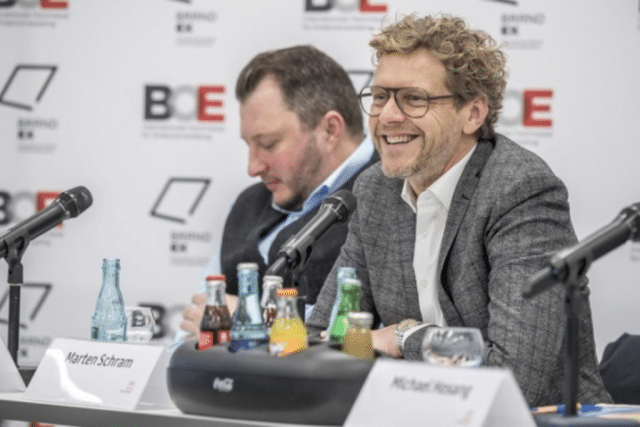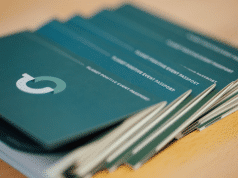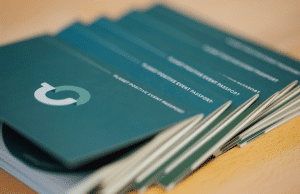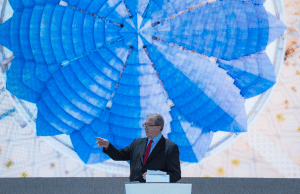As a result of the digital transformation and its acceleration due to the COVID-19 pandemic, the live communication industry is facing the greatest upheaval in its history. The objective of this study is to gain deeper insights into the emerging changes in the value creation processes from the customers’ point of view and to obtain guidance for the strategic realignment of the event industry ‘ecosystem’.
Methodology and respondents’ profile
The methodology for this study was based on desk research and preliminary quantitative study in step one. Step two contained a qualitative study based on group discussions and interviews with 14 managers from 10 International operative German companies in the automotive, chemical, transport, technology, banking, telecommunications, electronic, medical and medical technology sectors.
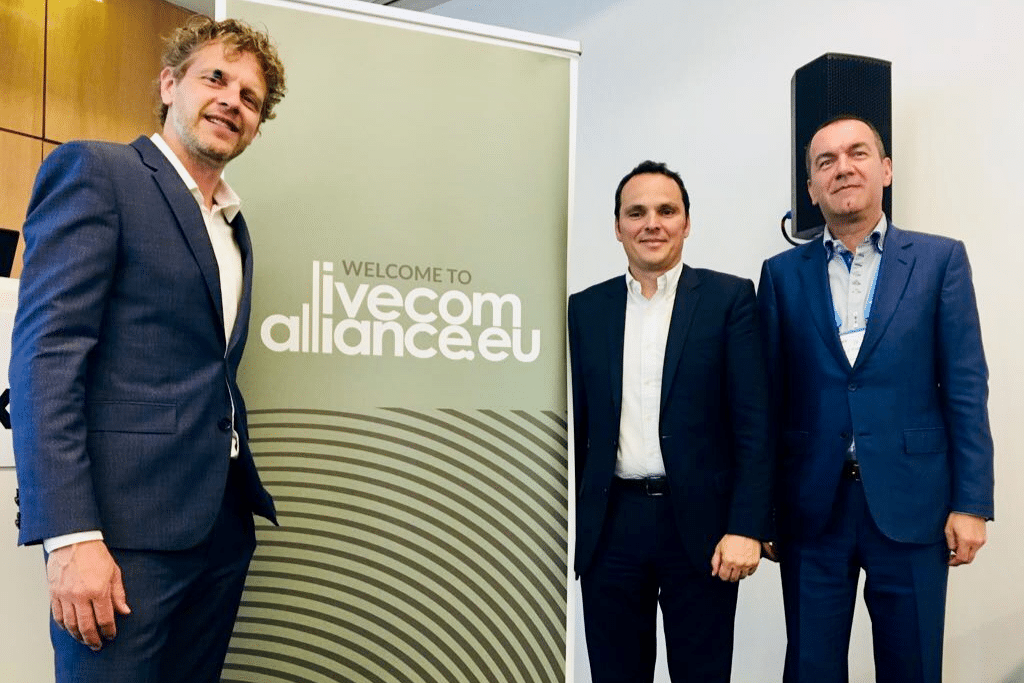
Read the full report below.
